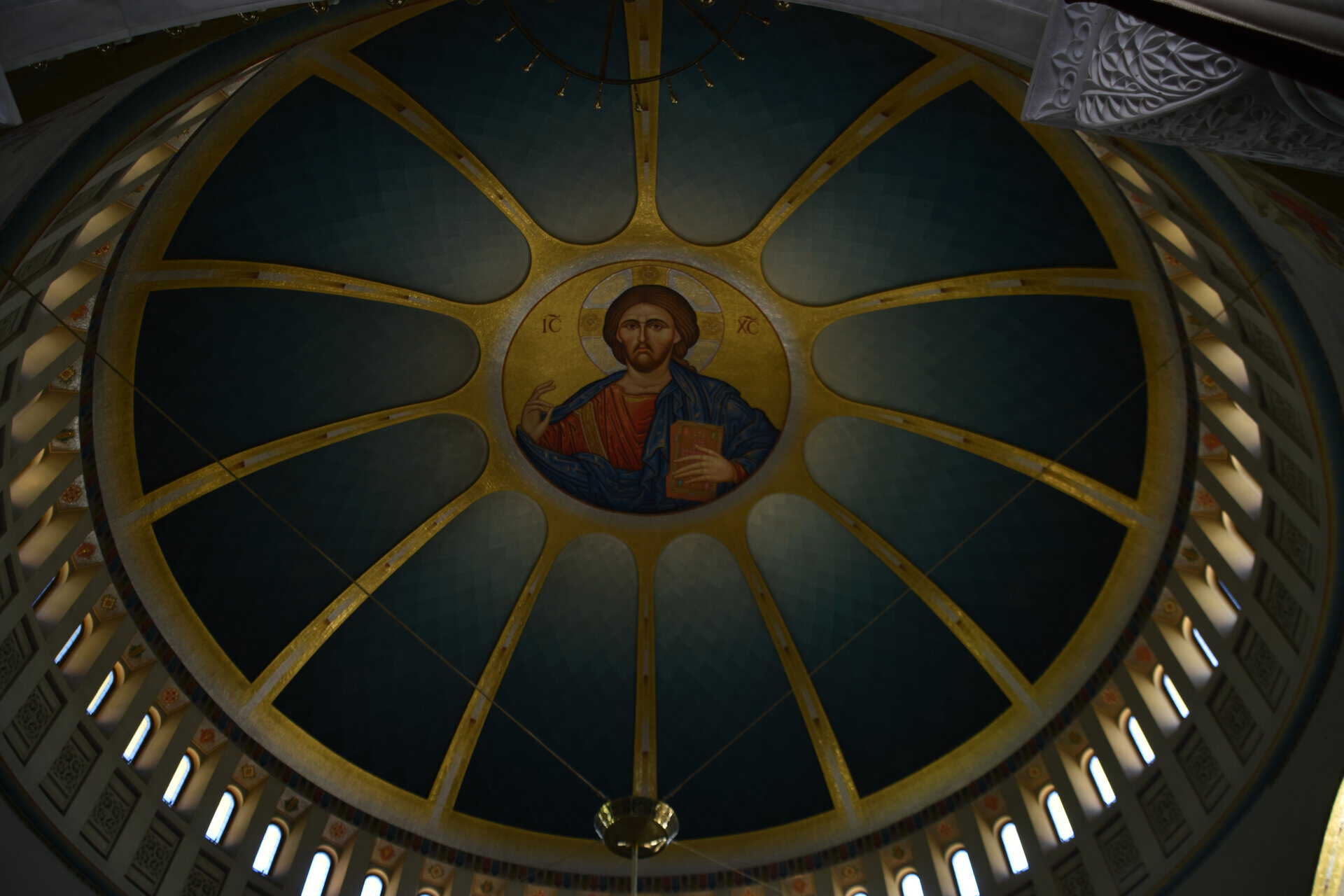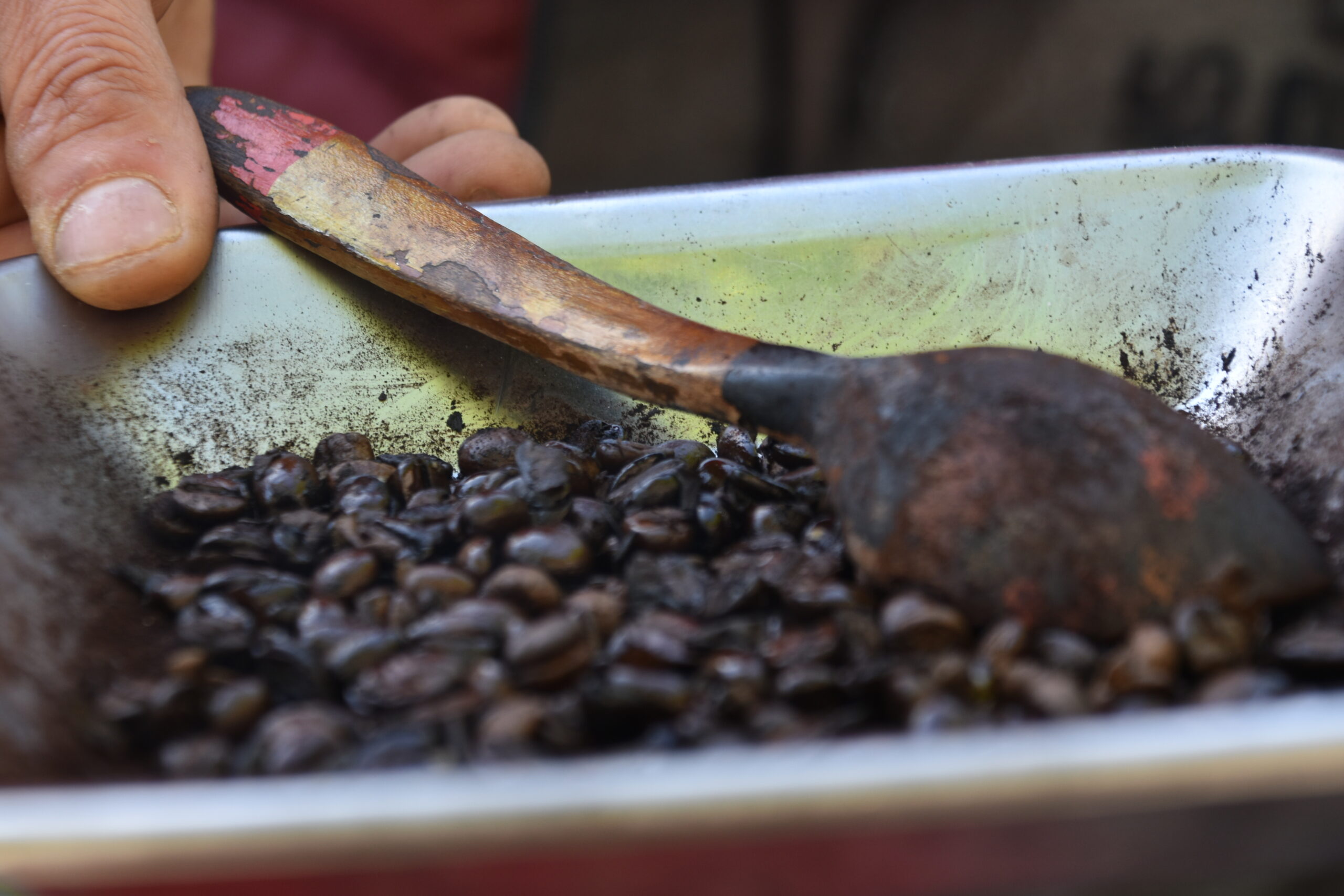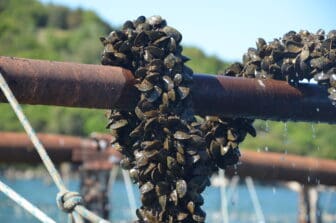Albania
Albania
Albania (Albanian: Shqipëria), officially the Republic of Albania (Republika e Shqipërisë), is a country in Southeast Europe, located on the western part of the Balkan Peninsula. Bordered by Montenegro to the northwest, Kosovo to the northeast, North Macedonia to the east, and Greece to the south, it has a coastline along the Adriatic Sea to the west and the Ionian Sea to the southwest. The Strait of Otranto separates Albania from Italy by about 72 kilometers.
Geography
Albania covers a total area of approximately 28,748 square kilometers, with a varied landscape dominated by mountains, hills, rivers, and a relatively small but significant portion of flat coastal plains. About 70% of the country is mountainous, especially in the north and east, where the Albanian Alps (Prokletije) and the Korab range form natural barriers. Mount Korab, shared with North Macedonia, is the highest peak in the country at 2,764 meters.
The major rivers include the Drin, Vjosa, and Shkumbin. Albania has several natural lakes, the largest being Lake Shkodra (shared with Montenegro), Lake Ohrid (shared with North Macedonia), and Lake Prespa (also shared with North Macedonia and Greece).
The country enjoys a Mediterranean climate along the coast, with hot, dry summers and mild, wet winters, while the interior experiences a more continental climate with colder winters and more significant temperature variations.
History and Politics
Albania has a long and complex history, having been inhabited since prehistoric times. It was part of the Roman and Byzantine Empires, later falling under Ottoman rule for over four centuries until its declaration of independence in 1912.
After World War II, Albania became a communist state under the leadership of Enver Hoxha, who ruled the country with an iron fist until his death in 1985. During this period, Albania was one of the most isolated and repressive regimes in Europe, severing ties even with other communist countries like the Soviet Union and China. The regime collapsed in the early 1990s, leading to a transition toward a parliamentary democracy and market economy.
Today, Albania is a parliamentary republic, with a president as head of state and a prime minister as head of government. The current constitution was adopted in 1998. The unicameral Parliament (Kuvendi) has 140 members elected every four years. The country is divided into 12 administrative counties.
Albania is a member of NATO (since 2009) and has been an official candidate for European Union membership since 2014. The accession process is ongoing, with several reforms under implementation.
Population and Society
As of 2025, Albania has an estimated population of about 2.7 million people. However, this number is significantly affected by emigration, especially since the 1990s, with large Albanian communities established in Italy, Greece, Germany, the United States, and the United Kingdom.
The official language is Albanian, a unique branch of the Indo-European language family. It has two main dialects: Gheg, spoken in the north, and Tosk, spoken in the south (and used in the standard literary language). Minority languages include Greek, Macedonian, Romani, Aromanian, and Serbian, especially in border areas.
Albania is officially a secular state, though the constitution guarantees freedom of religion. The main religions are Islam (Sunni and Bektashi Sufi) and Christianity (Orthodox and Catholic), but religious identity is often considered cultural rather than strictly observant. During the communist era, Albania declared itself the first officially atheist state in the world (1967–1990), an act that deeply affected religious structures and practices.
The literacy rate is above 97%, and the country has made significant improvements in education and gender equality in recent years.
Economy
Albania is classified as an upper-middle-income economy. The transition from central planning to a market economy was marked by difficulties, including the collapse of a nationwide pyramid scheme in 1997 that led to political and social unrest.
Today, the economy relies heavily on services, agriculture, construction, and remittances from Albanians abroad. Tourism has become a key growth sector, thanks to the country’s natural beauty, beaches, and cultural heritage. The Albanian Riviera is particularly popular among visitors.
Key exports include textiles, footwear, minerals, oil, and agricultural products such as olives and medicinal herbs. Albania has significant hydroelectric resources and is nearly self-sufficient in electricity production.
Despite improvements, challenges remain in infrastructure, corruption, and the rule of law. Unemployment is around 10%, with higher rates among youth.
Culture
Albanian culture is a rich mix of Illyrian, Greek, Roman, Byzantine, Ottoman, and Western European influences. The traditional code of honor, known as Kanun, still holds symbolic significance in some parts of the country, especially in the north.
Music and dance play an important role in Albanian life. Traditional music varies from polyphonic chants in the south (recognized by UNESCO) to epic songs of the north. The folk dance vallja is performed at weddings and festivals.
Literature has produced notable figures such as Ismail Kadare, internationally acclaimed for novels exploring Albanian history, politics, and myth.
Modern Albanian society is dynamic and youthful, with rapid urbanization and digitalization shaping the country’s identity.
Cuisine
Albanian cuisine is Mediterranean and Balkan, based on fresh and seasonal ingredients. Common elements include olive oil, yogurt, vegetables, lamb, beef, seafood, and dairy products. Bread is a staple, and meals often begin with meze (appetizers).
Typical dishes include:
-
Tavë kosi: baked lamb with rice and yogurt.
-
Fërgesë: a stew of peppers, tomatoes, and cheese.
-
Byrek: a savory pie filled with spinach, meat, or cheese.
-
Qofte: meatballs seasoned with herbs and onions.
-
Baklava and trilece are popular desserts.
Coffee culture is strong, and espresso bars are a central part of social life in both cities and towns.
Cities and Tourism
-
Tirana, the capital and largest city, is the political, cultural, and economic heart of the country. Known for its colorful buildings, lively nightlife, and historical sites like Skanderbeg Square and the Et’hem Bey Mosque, it has transformed rapidly since the 1990s.
-
Durrës is Albania’s main port and one of its oldest cities, with Roman ruins and beaches.
-
Shkodra, in the north, is a cultural hub with a strong artistic tradition and the nearby Rozafa Castle.
-
Berat and Gjirokastër are UNESCO World Heritage Sites, known for their Ottoman-era architecture and stone houses.
-
Sarandë and Vlora are seaside cities on the Ionian coast, popular for their crystal-clear waters and proximity to archaeological sites like Butrint.
Tourism has grown rapidly, drawing visitors to Albania’s unspoiled nature, mountain trails, historical villages, and stunning beaches. The country is considered one of the last hidden gems of Europe.
Transportation and Infrastructure
Albania has improved its infrastructure in recent years, with new roads, highways, and an expanding tourism sector. However, public transportation is still underdeveloped, with buses and minibuses (furgon) being the main means of intercity travel. Tirana International Airport (Nënë Tereza) is the main gateway to the country.
The railway system is limited and under modernization. A new port and airport projects are under development to support economic growth and tourism.
International Relations
Albania maintains good relations with the European Union, the United States, and neighboring countries, although relations with Greece and Serbia have historically been complex. It is a member of many international organizations, including the UN, NATO, OSCE, and the World Bank.
Notable Facts
-
Albania is one of the few countries in Europe with bears and wolves still roaming in the wild.
-
The Albanian Alps are increasingly popular among hikers and nature lovers.
-
The country is known for its hospitality; “Besa”, a traditional Albanian concept of honor and promise, is a core cultural value.
| Apollonia | Belsh | Berat | Blue Eye | Byllis | Durres | Gjirokaster | Saranda | Tirana |
The father of modern Albania and our guide
[May 2024] Continuing with the walking tour of Tirana, Albania. Near the Prime Minister’s residence, there was a statue of Ismail Qemali, the first prime minister who is said to have built modern Albania. He…
The only shopping we did in this holiday
[Apr. 2024] In Gjirokaster, an old town in Albania, we stayed at a hotel near the bustling city centre, where shops were lined up like a bazaar. The hotel was called Hotel Argjiro. It seems…
Traditional Coffee Brewing
[Apr. 2024] The last place we visited in Gjirokaster, an old town in Albania, was a shop that demonstrated how to make traditional coffee. A kilim was laid on the ground, and on top of…
The only shopping we did in this holiday
[Apr. 2024] In Gjirokaster, an old town in Albania, we stayed at a hotel near the bustling city centre, where shops were lined up like a bazaar. The hotel was called Hotel Argjiro. It seems…
An exhilarating boat trip
[Apr. 2024] After visiting the ruins of Butrint in Albania and having lunch, we were scheduled to return to the hotel for some free time. However, perhaps some tour members complained that there was nothing…





